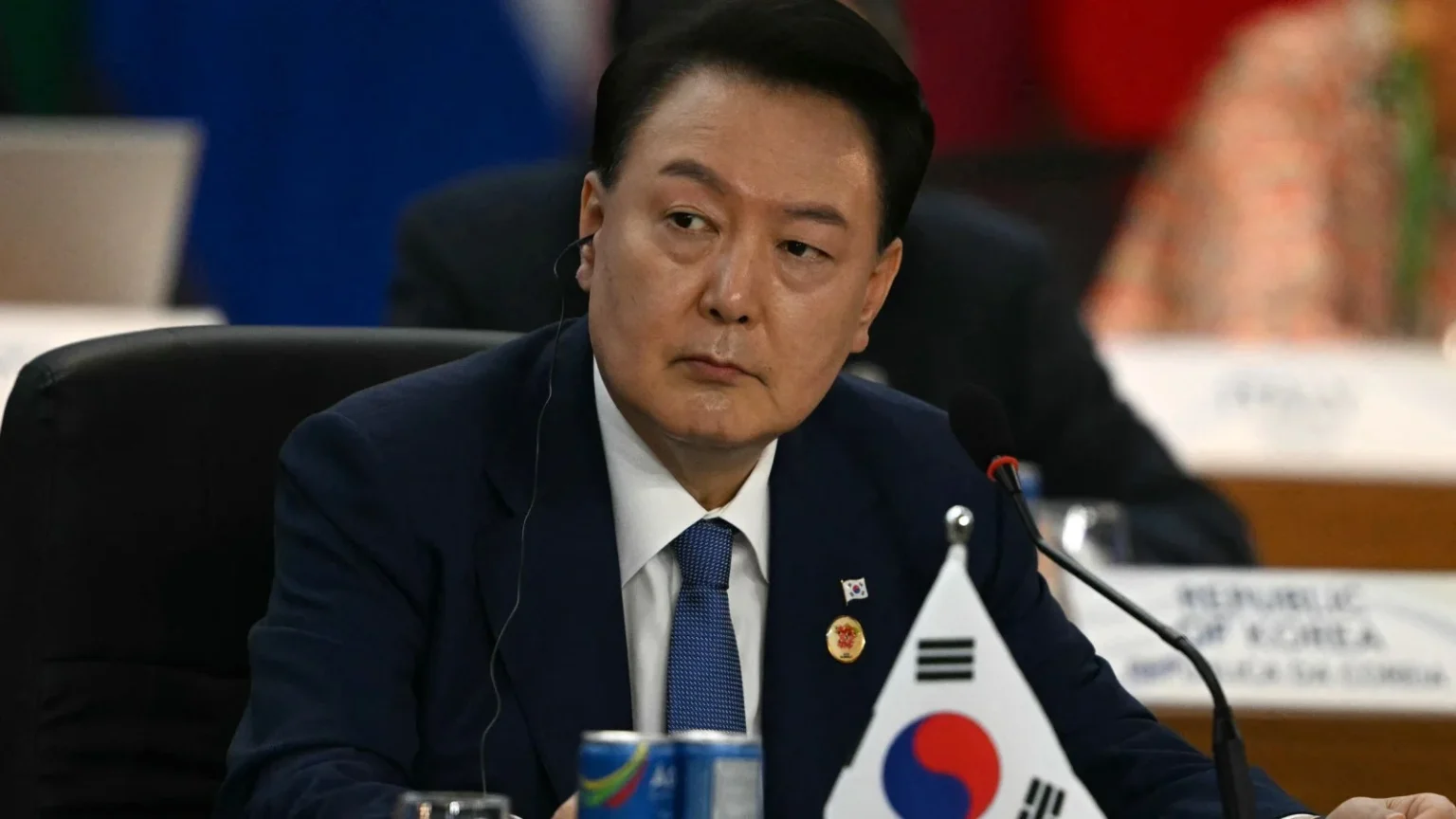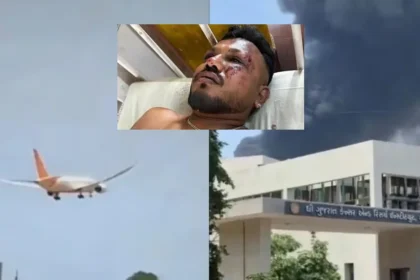In a dramatic turn, South Korean President Yoon Suk Yeol announced on Wednesday that he would lift the martial law declaration he imposed just hours earlier. This decision came after an overwhelming parliamentary vote rejected the decree, sparking nationwide discussions about democracy and governance in the country.
President Yoon initially declared martial law on Tuesday, citing the need to address “anti-state forces” within his political opposition. The announcement immediately drew widespread backlash, with critics accusing him of using the measure to target his rivals. As news of the declaration spread, thousands of protesters gathered outside parliament, voicing their outrage in what quickly became South Korea’s most significant political crisis in decades.
In an extraordinary session on Wednesday, 190 lawmakers unanimously voted against the martial law declaration, compelling the president to withdraw it under South Korean law, which requires martial law to be lifted if parliament demands so by majority vote. Members of Yoon’s own political party also joined calls to revoke the controversial decree, further isolating the president.
Yoon’s decision to comply with parliament’s ruling reflects the strength of South Korea’s democratic institutions, which have been in place since the country transitioned to democracy in the 1980s. However, the crisis has raised concerns about the potential misuse of executive powers and its impact on the country’s political stability.
As a key ally of the United States, South Korea’s domestic political challenges are closely watched on the international stage. The events of the past two days have underscored both the resilience of its democratic framework and the deep divisions within its political landscape.
This latest controversy serves as a stark reminder of the importance of maintaining balance between authority and democratic accountability in one of Asia’s leading democracies.




